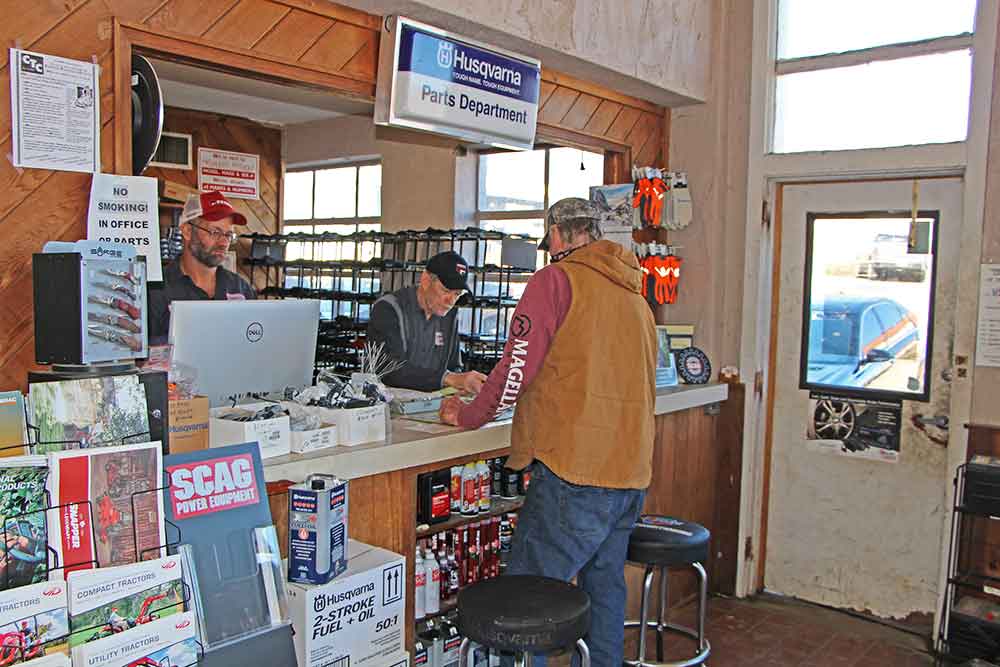
Share On Social
Motivating The Sales Team
Article By John Chapin
Recently speaking with the VP of Sales who said he was having trouble motivating his salespeople, I heard something I hear often: “They’re just not putting the work in. They’re doing the bare minimum, and I can’t seem to do anything to get them going.”
First, when hiring salespeople, you want to hire people who are self-motivated. Just as you can’t teach honesty, integrity, and other key character traits, you can’t teach motivation and you can’t motivate anyone. That said, here are a few ideas to nudge them in the right direction and maybe even motivate them a little.
Keep in mind that the number one motivator for salespeople is money. While there are some exceptions, the top salespeople across the board, absolutely have money as their number one motivator. Of course, your top people also usually come self-motivated too. For the rest of the pack, 90 to 95% of them also have money as a top motivator. Because of this, it’s extremely important to structure the pay plan in such a way that the behaviors you want are rewarded with money, and the behaviors you don’t want are not rewarded with money. What gets rewarded gets done. In other words, if you want them chasing new business, pay them handsomely for new business.
The average person won’t work harder than they need to. Unfortunately, most salespeople are average people. Ultimately, there are four ways you can attempt to motivate people. External-negative, external-positive, intrinsic, and peer.
My first manager used to use external-negative, or to be more specific he used to say, “If I put a gun to your head, you’d do business.” This is a negative consequence or penalty for not doing something. When motivating underperforming salespeople, a sales manager usually starts with a probation period followed by loss of one’s job for failing to do the necessary work or make quota.
The third motivation source: Intrinsic is the most powerful motivation among high achievers. This form has the most potential power and, if strong enough, can be used all by itself. This is the “personal why.” In other words, what are the personal reasons the salesperson needs to be successful? This can be kids and family, it can also be nice cars and houses, or other things money can buy, or it can be darker, like someone told them they’d never be successful. You can ask salespeople what their long-term goals are and if they aren’t sure, maybe even make some suggestions: A dream lifestyle, taking care of kids and future generations, or parents, to leave a lasting legacy, a combination? Where do they want to be in their career five, 10, or 20 years from now?
The final source is peer motivation. This is who the salesperson spends time with personally and professionally. People usually rise to, but rarely above their peer group. “Birds of a feather do flock together.” This also relates to your environment. If you have an office of negative people in which no one is held accountable, any success will be fleeting or completely non-existent. To motivate others, provide a work environment that is successful, positive, and professional and one in which people are held accountable. Have them look at the people they hang out with.
John Chapin is a motivational sales speaker and trainer.
Contact e-mail: [email protected]
Latest News
Daye North America Licenses Snapper
Briggs & Stratton has entered into a licensing agreement with Daye North America for...
New From Honda: Battery-Powered Mowers
During the first day of Equip Expo 2024, Honda Power Sports & Products introduced an...
New From Husqvarna: Automower iQ Series
Husqvarna was the first to manufacture robotic mowers in 1995; 2025 marks the 30-year...
Kioti Partners With Huntington Distribution Finance
Kioti Tractor has entered into an agreement with Huntington Distribution Finance (HDF) to...
Spartan Mowers Releases 2025 Product Lineup
Spartan Mowers revealed new models and product upgrades on Sept. 9 during its National...



